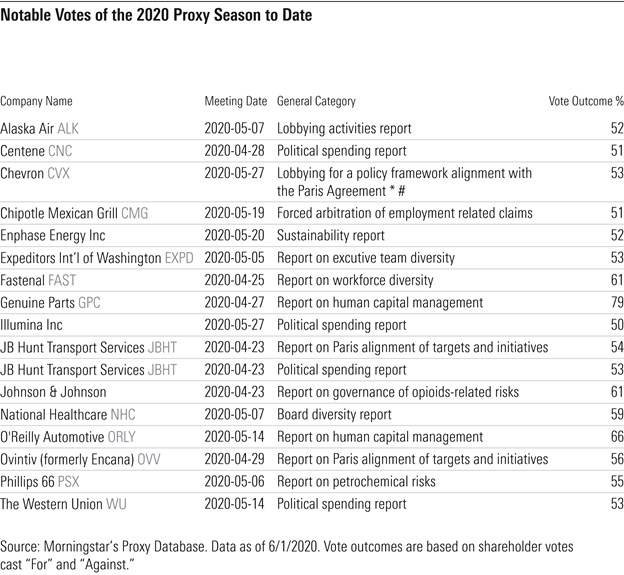
This article was originally authored by Jon Hale in the U.S. and has been edited for a Canadian audience
Systemic racism doesn’t only have to do with how racialized communities are treated by police and our justice system. That’s one dimension of a much broader problem. It is also responsible for the pandemic disproportionately impacting African Americans in the U.S., for example, while in Canada, the CBC reports that the working poor are among the hardest hit by the virus. Systemic racism is responsible for deep-seated economic inequalities. Before you save, and then invest and eventually retire, you need to have the money and the access, to save, invest and eventually retire.
Morningstar’s head of sustainability research Jon Hale points out that having wealth means having a personal safety net to deal with life’s emergencies, eases the path to a college education and homeownership, both of which are also significant wealth creators. And, of course, having wealth provides the ability to build more of it through investing.
The Way You Invest Matters
Hale point out that change has to come from many directions. “If you are fortunate enough to be an investor, keep in mind that the way you invest matters. You have the means to contribute to change via your investments. I’m not saying the only action you should take is becoming an ESG or impact investor, but don’t fall for it if your financial advisor waves you off and urges you to just invest the way it’s always been done and give some of your gains to charity, as Ric Edelman did in Marketwatch earlier this month. That’s a terrible and naive argument. Terrible because you can generate at least as much in returns via sustainable investing as you can by conventional means, leaving you with as much or more money for charitable donations”, he says.
Terrible, too, because it doesn’t recognize how much sustainable investors can impact corporate decision-making through direct engagement and proxy voting. Naive because it suggests that corporate behaviour isn’t connected to creating or solving societal problems. “Corporations are not just money-makers for investors, who can take that money and, if they choose, use it to help solve societal problems through philanthropy. Corporations have a tremendous impact on the way we live our lives and they have helped structure--and have benefited from--the system we have now,” Hale says.
Through engagement and proxy voting, sustainable investors can push for change at the corporations they hold in their portfolios, even if the votes may not win a majority all the time. You do not need majority support to “win” a shareholder proposal vote – if more than a few independent shareholders support a resolution, it is often enough to encourage companies and boards to pay attention.
“Sustainable investors press companies on their diversity and inclusion policies, on the composition of their boards, on the way they compensate employees--particularly lower-wage workers whom we are more fully recognizing as essential during the pandemic, on labour relations generally, and on where corporate lobbying and political expenditures go. Over the next year, you can bet that sustainable investors will closely question what corporations are doing to fight systemic racism,” Hale says, adding that investors have the means to drive change. An all-out attack on systemic racism requires every tool in the box.
He offers an example of how one prominent asset manager, Calvert Research and Management, intends to engage on systemic racism with companies it owns by asking companies to:
- Provide the information required to accurately assess their racial diversity.
- Provide pay equity disclosure across race and gender.
- Publicly state what they are doing to combat racism and police brutality, including action taken to address failures in the U.S. education system.
My colleague Jackie Cook wrote last week that employee welfare and political influence are among the big ESG issues that have been voted on at company annual general meetings so far this year. With another month still to go in this year’s proxy season, a record number of environmental and social shareholder resolutions have passed with majority shareholder support in 2020. Since April, 17 resolutions have garnered at least 50% support:

Editor's note: Read the latest on how the coronavirus is rattling the markets and what you can do to navigate it




















